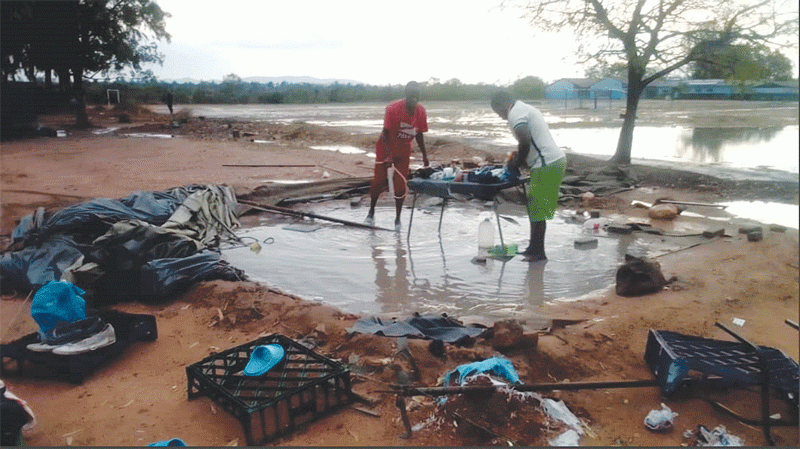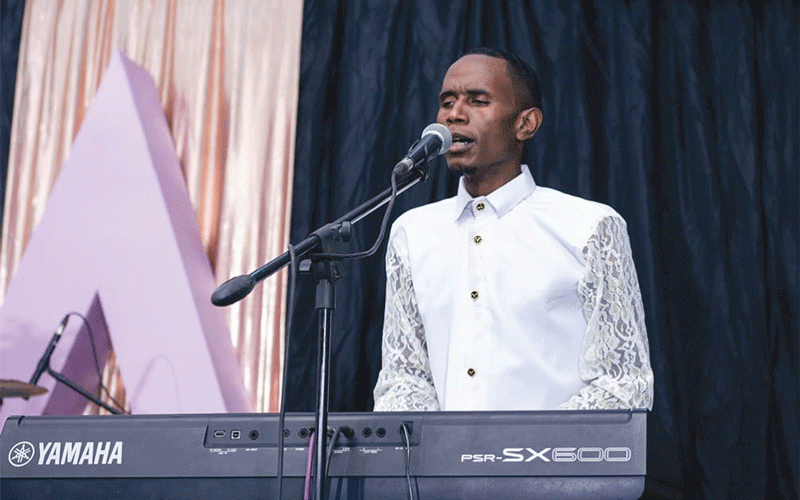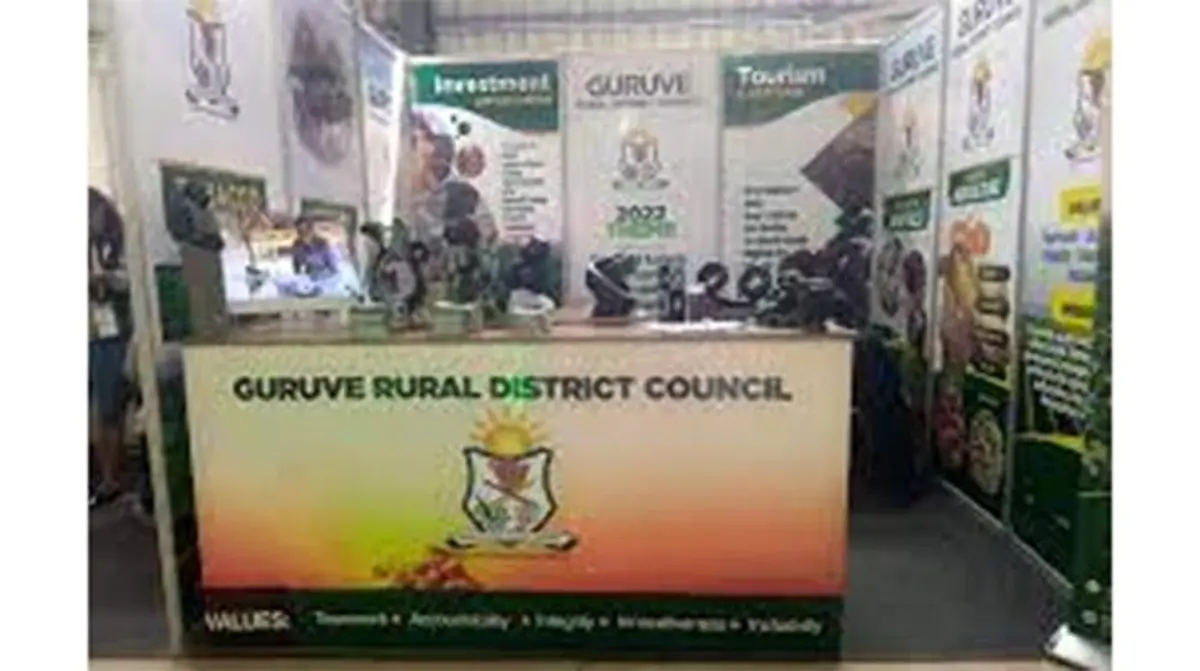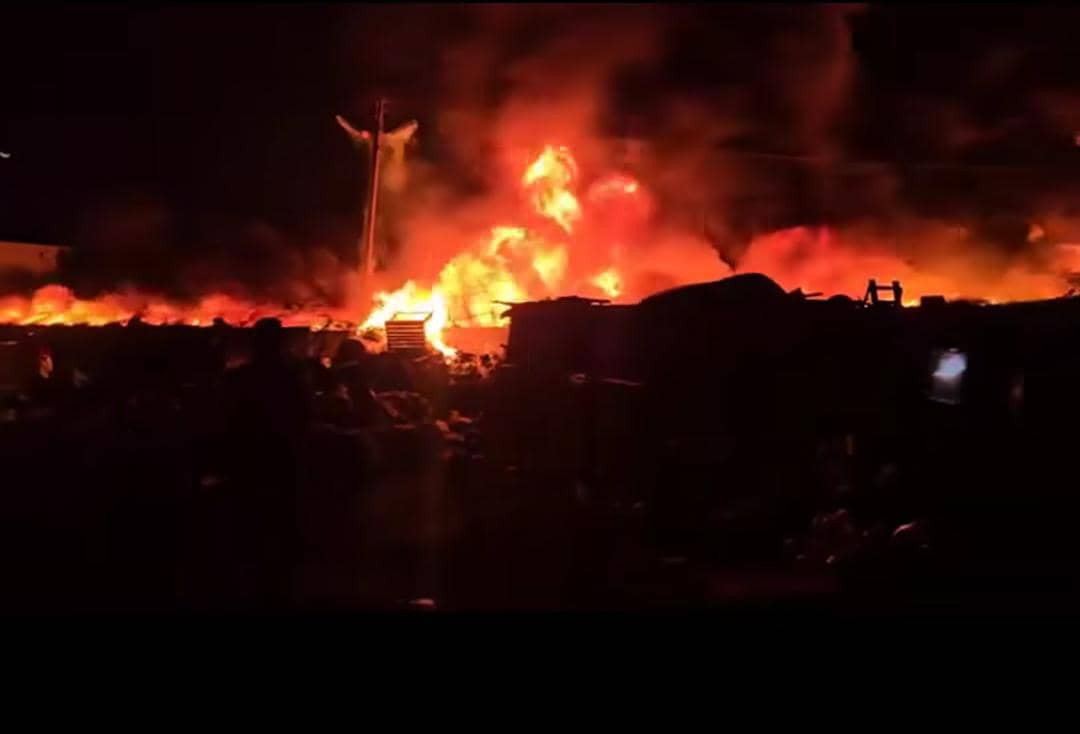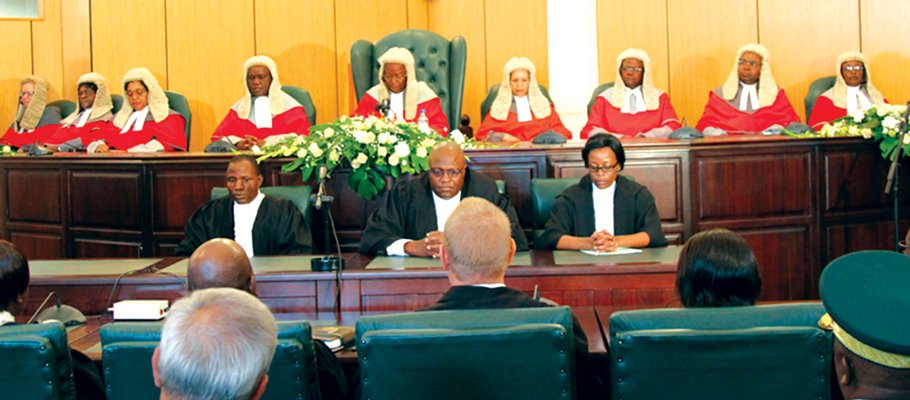
THE Constitutional Court (ConCourt) will tomorrow sit to make a determination on a case in which one Max Mupungu seeks to overturn a High Court ruling that nullified the extension of Chief Justice Luke Malaba’s term of office by five years following the enactment of Constitutional Amendment No 2 Bill into law in May.
Everson Mushava
Some lawyers have expressed concern that the judges were conflicted because they were cited in a High Court application by Zimbabwe Human Rights NGO Forum executive director Musa Kika and the Young Lawyers Association of Zimbabwe.
NewsDay (ND) news editor Everson Mushava caught up with Alec Muchadehama (AM), a veteran lawyer, to understand more about the legal implications of the development. Below are excerpts of the interview.
ND: The ConCourt will on July 14 2021 hear a matter in which a litigant is seeking to nullify the High Court ruling of May 15, 2021. In that ruling, all ConCourt judges were parties, and the same judges have appealed to the Supreme Court. The same judges will sit to hear this matter in the ConCourt. Is it permissible at law?
AM: If it is the same judges who are to preside over the matter, there is certainly a conflict of interest. But more aptly, if the same judges were to preside over this matter, it will be against the rules of natural justice which prescribe that no one should be a judge in their own case.
In terms of section 166(2) of the Constitution, the Chief Justice may appoint an acting judge of the ConCourt. However, in this case, what this would mean that all the seven judges who will preside would be acting judges. They will also be appointed by the Chief Justice or acting Chief Justice, who are also interested parties in the matter.
Further, the court would be sitting without the Chief Justice or acting Chief Justice, something which is not within the contemplation of section 166(1)(a) of the Constitution.
- Chamisa under fire over US$120K donation
- Mavhunga puts DeMbare into Chibuku quarterfinals
- Pension funds bet on Cabora Bassa oilfields
- Councils defy govt fire tender directive
Keep Reading
ND: Mupungu is seeking a “non-confirmation” of the High Court order. Is this procedure correct at law? Should not the judges forward the case to the ConCourt for confirmation if they are of the view that their order is ineffectual unless confirmed by the ConCourt? Can a litigant just pick a case from the Press and go to the ConCourt to seek confirmation of the order?
AM: I do not appreciate Mupungu’s legal interest in this matter. He could be trying to use the precedent set by Jelousy Mawarire in the 2013 elections. Mupungu appears to be someone’s alter ego. If the High Court judgment (per Justices Happias Zhou, Esther Mushore and Edith Charewa) needed referral to the ConCourt, then those parties to that judgment ought to have approached the ConCourt themselves. But they chose to appeal to the Supreme Court.
Now we have the same matter pending before two different courts. This is against the principle of lis pendens alibi, that is to say, the same matter must not be pending before two courts. This will create confusion as potentially, two different decisions may be arrived at by the two courts.
As it stands, the appeal to the Supreme Court by the Justice minister (Ziyambi Ziyambi), the Judicial Service Commission (JSC) and the cited judges preceded Mapungu’s application to the ConCourt. But I think Mupungu is not a mad person. I think he is hiding behind something.
ND: We have a Chief Justice who was deemed to have ceased to hold office by a High Court ruling, and that ruling still stands. Granted, there is a pending appeal, and now a pending ConCourt process. Is he not compromising the Judiciary by showing up for work under the circumstances? Isn’t there a risk that whatever he is doing now would be nullified?
AM: The Chief Justice, like any other person, has a right to approach the courts. A recent High Court ruling held that his appeal to the Supreme Court suspended the High Court order. Lawyers are not agreed on the correctness of this position.
Ideally, the Chief Justice ought to have let the processes take their course then depending on the outcomes, if the final judgment is in his favour, he reports for work. He has absolutely nothing to lose by having to wait.
ND: Even if the ConCourt and the Supreme Court rule in his favour, the amendments to the Constitution that gave the President the impression that he could proceed and extend Malaba’s tenure are being challenged. So still, Justice Malaba’s position remains precarious. Do you see it that way?
AM: It is correct that the amendments to the Constitution are being challenged, rightly so in my opinion. It is, therefore, true that the controversies surrounding the extension of the Chief Justice’s term of office are far from over and will not be resolved by the Supreme Court and the ConCourt determining the cases in which the Chief Justice is a party.
The problems with the amendments emanated from Zanu PF, Parliament and the President. These are the people who have put the name of the Chief Justice in a mess.
Apart from the court challenges, the issues surrounding the amendment are very political. Sooner or later, the office of the Chief Justice is going to be politicised. All this is undesirable. This is why the Chief Justice ought to have waited for all issues to be settled without him being a protagonist in the matters.
ND: We had a similar situation in South Africa, where in 2011 then President Jacob Zuma extended the term of office of the then Chief Justice Sandile Ngcobo, but when some rule of law institutions approached the courts challenging this, Ngcobo decided not to take the President’s offer, citing the need to preserve the integrity of the office of the Chief Justice and of the Judiciary. This seems to be a similar situation here in Zimbabwe. Yet Chief Justice Malaba is fighting court battles over his incumbency and while doing so, he continues to report for work. What do you say about this?
AM: Ngcobo set a good precedent. Malaba ought to have been guided accordingly. In the interest of the good name of the Judiciary, he should not have allowed himself to be dragged into the unsavoury battles that we are now witnessing. Maybe he has good reasons that we are unaware of. We shall see. Only time will tell.
ND: Justice Webster Chinamhora recused himself, after Kika’s lawyers asked for his recusal, citing that he had met a litigant, the secretary of the JSC, Walter Chikwana. Justice Chinamhora conceded meeting with Chikwana. What do you make of this recusal, and to what extent do you think this damages the Judiciary?
AM: Justice Chinamhora did something professional and expected of any objective judicial officer. What is worrying is Chikwana’s conduct. The recusal by Justice Chinamhora shows that Chikwana said something related to a matter which Justice Chinamhora was about to preside over. Now if Chikwana sought to influence how Justice Chinamhora was to decide the matter, then that is outright criminal.
ND: Lawyer Beatrice Mtetwa wrote to the JSC seeking investigation, but as far as we know, no investigation results have been made public. What is your comment on that?
AM: This is the kind of thing you find in the book Animal Farm by George Orwell (1945). In Zimbabwe, some people are more equal than others. Some are even above the law. There is a pervasive culture of impunity in this country. Very often wrongdoers actually get rewarded. This is a very worrying trend which all right-thinking Zimbabweans must fight. According to musician Leornard Zhakata, “zvinoenderena nekuti wabuda mumba mani (it depends on where you are coming from)”.
ND: Some lawyers have argued that the Judiciary as an institution in its entirety is being compromised in a quest to preserve the job of one man. What could lead to such kind of conduct and can there be justification for it?
AM: It is more than a job. It is at the office of the Chief Justice. This office is sacrosanct. Under no circumstances must this office be wrongfully impugned. As I said above, the mess was created by Zanu PF, Cabinet, Parliament and the President by passing Constitutional Amendments Nos 1 and 2 Bills.
The Chief Justice then sought to extend his term of office using the controversial amendments. But the moment the controversy arose in respect of the office of the Chief Justice, the Chief Justice ought to have let go.
That way, he would have preserved his legacy as well as the integrity of the Judiciary. It is undesirable to drag the whole Judiciary into a matter involving a few judges. The Judiciary is a constitutional institution and not a group of individuals or judges.
ND: Given all that has happened in the Judiciary, where does this leave us? Can we have confidence in the courts?
AM: It leaves us with a sour taste in the mouth. The Judiciary must rise above political squabbles. It should perform its duties in terms of chapter 8 of the Constitution, remembering always that it derives its authority from the people.
After the dust has settled, whenever that will be, the Judiciary must gather itself together, dust itself and move on, performing its duties in terms of the Constitution and international best practices. We can still place reliance in the courts. Despite the controversies, there are other well-meaning, professional, independent judicial officers. It is unfair to paint every judicial officer with the same brush.
ND: How could this situation have been prevented?
AM: Parliament and the President ought not to have passed Constitutional Amendments 1 and 2 Bills in the manner that they did. Had they not done so, we would not be having this tragicomedy.
ND: Can the damage be reversed, and how?
AM: It can. One way is to seek consensus on the way forward. For example, what if the Chief Justice agrees to go? What if those affected by the amendments agree not to benefit? What if the President and Parliament agree to reverse the controversial amendments? What if we get the assistance of eminent retired judges from the region? What if we got mediation from other eminent jurists from organisations such as the International Commission of Jurists or the African Chief Justices Forum? There are lots of possibilities. The situation is not beyond redemption.
ND: Finally, all this is unfolding as the citizens look on, what should be the role of the citizens in all this?
AM: Citizens must take a keen interest in all that is happening. They can make their voices heard through their parliamentary representatives. They can send petitions to Parliament, the President and the Judiciary.
They can express themselves civilly in the Press. Through civil society organisations they can apply to be party to the ongoing court proceedings as friends of the court (amicus curiae).
Last time there were calls for people to be appointed judges of the High Court and the ConCourt, they can nominate candidates for judicial appointment. There is no limit to what citizens can do. What they cannot afford to do is to be passive in affairs that directly impact their lives.
- Follow Everson onTwitter @EversonMushava

